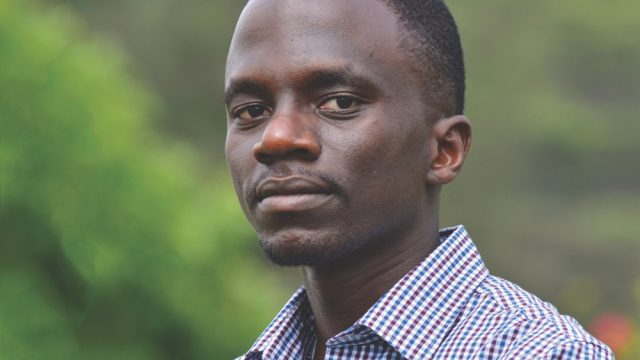I teach health subjects at the senior academy level. I have personally enjoyed the World Health column over the years and have even […]

I teach health subjects at the senior academy level. I have personally enjoyed the World Health column over the years and have even used them in my teaching. At times, however, I wish there was more detail, and maybe even broader discussion.
From its inception the Adventist World health column was intended to be informative, up-to-date, and clear. Through this column we strive to responsibly convey health information that is useful and accurate in response to questions from readers or relevant “hot” topics.
Sometimes technical terms are needed to explain issues related to diseases, health, and wellness, but we try to be clear and understandable within our 500-word space limitation. You are not alone in your comments; experts in various specialties sometimes ask why certain details were excluded, but it is a question of space. We attempt to responsibly include the most important points on each subject, but we are unable to include everything. It is easier to write more than less, but for conciseness we prioritize what to include—and that’s not always easy. We continue to seek solutions to resolve these challenges.
Regarding the content, we write each column and response applying the General Conference’s Working Policy, which states that our health ministries practices be biblically based, consonant with the counsels of the Spirit of Prophecy, and supported by peer-reviewed, evidence-based health science, and applied using a biblical, Christian worldview.1 The Internet has brought with it a health-information—and misinformation—explosion. Remember: “If it sounds too good to be true, it’s most likely not true!”
We all need to be vigilant and careful regarding the sources and reliability of health information. As a church, we must be careful to ensure that we “rightly divide the word of truth” (see
2 Tim. 2:15), whether scriptural or scientific, conscious that human knowledge is progressive. It is concerning that we tolerate and share inaccurate and unproven health “information” in our churches or ignore inconvenient evidence or counsel. Truth requires vigilance!
Some ask why we even write about the mechanisms of disease, health, and wellness? The answer is: “So closely is health related to our happiness that we cannot have the latter without the former. A practical knowledge of the science of human life is necessary in order to glorify God in our bodies. It is therefore of the highest importance that among the studies selected for childhood, physiology should occupy the first place. How few know anything about the structure and functions of their own bodies and of nature’s laws! Many are drifting about without knowledge, like a ship at sea without compass or anchor; and what is more, they are not interested to learn how to keep their bodies in a healthy condition and prevent disease.”2
We have a heavenly Anchor and Compass. God has given us counsel, and health studies continue to confirm His wisdom! He is faithful, and we may confidently follow Him.
1 Working Policy of the General Conference of Seventh-day Adventists, 2016–2017 Edition (Nampa, Idaho: Pacific Press Publishing Association), 2016, pp. 355–369.
2 Ellen G. White, Counsels on Health (Mountain View, Calif.: Pacific Press Pub. Assn., 1923), p. 38.
Peter N. Landless, a board-certified nuclear cardiologist, is director of Adventist Health Ministries at the General Conference.
Zeno L. Charles-Marcel, a board-certified internist, is an associate director of Adventist Health Ministries at the General Conference.








